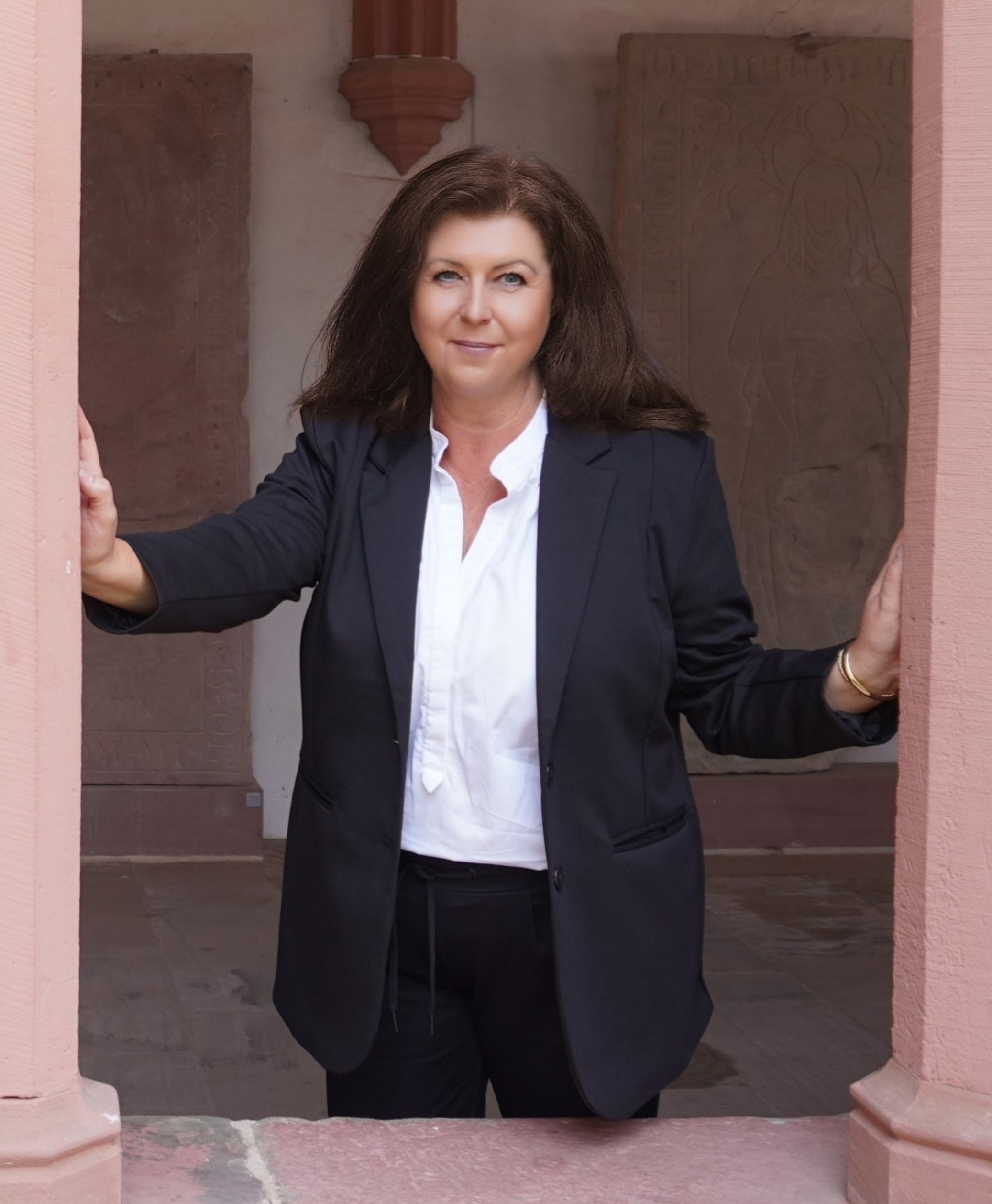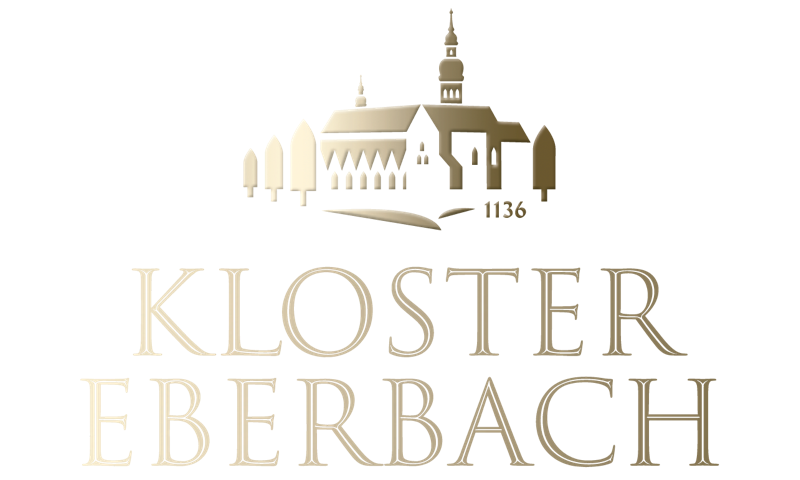Welcome to the press area
Here you will find general information and press material on the Kloster Eberbach Foundation and the Kloster Eberbach Winery.
If you have any questions or need additional material, please do not hesitate to contact us personally.
Your contact person

Melanie Besecke
Head of Marketing, Press and Public Relations
Phone: +49 (0) 6723 9178-111
Mobil: +49 (0) 171 9128082
Basic information
History
Initially consisting of 12 brothers, the monastery quickly developed into one of the largest and most important monasteries in Germany with up to 150 monks and 600 lay brothers.
After secularisation in 1803, Kloster Eberbach served profane purposes: women's prison, "lunatic asylum", cattle stables and agricultural tenant farm. From 1945, the monastery was administered by the state of Hessen.
During this time, large parts of the abbey complex served as housing for refugee families and even as a bunker for the Hessen state government.
In 1986, the monastery became the film location for the interior filming of "The Name of the Rose". In the same year, the general renovation of the monastery complex began, with the aim of preserving the substance, restoring historical situations and developing well-thought-out uses for the buildings.
Kloster Eberbach Foundation
With the transfer to the foundation under public law in 1998, the State of Hesse transferred responsibility for permanent preservation to the Kloster Eberbach Foundation. This includes securing the financial resources for the maintenance and operation of the listed monastery complex, which is financially costly, as well as promoting cultural projects and opening it to the general public. In addition, the wine-growing tradition is preserved in close cooperation with Germany's largest vineyard, the Kloster Eberbach Winery.
The foundation is financed through entrance fees, donations, guided tours, events, and rental and lease income. In order to achieve this, the foundation makes Kloster Eberbach available for conferences, evening events, weddings and prestigious receptions, as well as cultural and dialogue events. The basilica is one of the main venues of the Rheingau Music Festival, one of the largest music festivals in Europe.
In recognition of its exemplary measures in the field of sustainability and successful change management, the foundation won the German foundation award KOMPASS, which was awarded by the Association of German Foundations to the Kloster Eberbach Foundation in the category "Foundation Management".
State of Hessen Wine Estates
After secularisation in 1803, the abbey's agricultural holdings passed into state ownership as a wine-growing domain. Today, the Hessische Staatsweingüter GmbH Kloster Eberbach is the largest German wine estate. It operates a wine shop in the buildings of the monastery. The winery's central cellar and a wine shop are located on the Steinberg, not far from the monastery.
Kloster Eberbach has been holding its own auctions since 1806 and 100 years ago, as a leading German wine estate, was one of the founders of the Association of Prädikat Wine Estates (VDP), which at that time was still called the "Association of German Natural Wine Auctioneers". Even at that time, the customer list of the royal Prussian domain read like an excerpt from the European aristocratic calendar, and, not least, Reich Chancellor Otto von Bismarck, the German Emperor and the Rothschild banking family appreciated the wines of Kloster Eberbach.
The monastery's wine treasure trove, which dates back to 1706, still stores fine spirits from that time that are among the most valuable wines in the world. Aware that the "foundation" for the highest wine quality lies in the vineyard, the Cistercians, Nassauers and Prussians acquired the best vineyard sites, giving the winery an unprecedentedly valuable vineyard estate on the Hessian Bergstrasse and in the Rheingau.
The winery's cellars in Assmannshausen and at Steinberg, just outside Eberbach, produce wines with historic quality standards. Like the Pinot Noir cellar in Assmannshausen, which was built in the 1920s, the Steinberg cellar, which opened in 2008, was built with a three-storey wine press house that allows the gentlest pressing of the valuable grapes using natural gravity.

